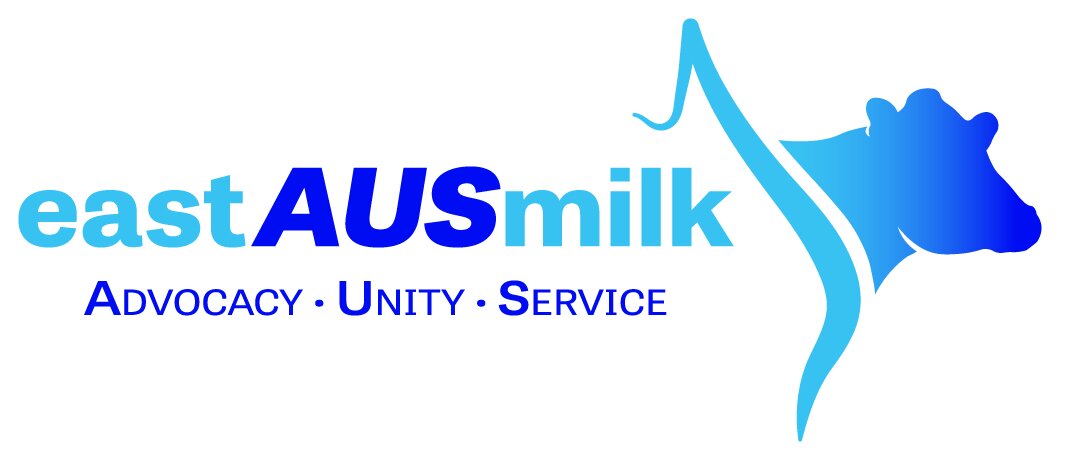Australian dairy groups call for end to loss-leader generic milk
Milk prices have been running below the rate of inflation for years and dairy leaders say the era of cheap milk needs to end.
Inflationary pressures on agriculture should spell the end of loss-leader milk pricing, dairy leaders say.
Record farmgate prices were redoubled in the past week with both Bega and Saputo confirming average weighted farmgate prices of more than $9/kg of milk solids.
However, United Dairyfarmers of Victoria vice president Mark Billing said for the future viability of the sector, the price of generic milk would need to rise, in line with recent price increases of other household staples.
The dollar-a-litre milk push - which put retail milk prices at or below cost of production - was introduced by Coles and Woolworths in January 2011 and lasted eight years.
Along with Aldi, Australia’s big three supermarkets quietly increased the price of generic milk to $1.30 just before Christmas, although fuel costs have skyrocketed since that time.
“Inflation is hitting every business and dairy is no exception,” Mr Billing said.
“There’s a battle to find workers, and that increases costs. Urea, fertiliser, grain, electricity - we’re seeing substantial price rises in several areas.
“Record farmgate prices are welcome, and provide confidence to farmers, but it has to be put into the context of rising input costs.
“Now is the time to raise the price (of generic milk). There’s been plenty of coverage about fruit and veg rising in price, lettuce and broccoli have been in the news, because that reflects the availability and pressures those farmers face.”
Mr Billing’s comments echo eastAUSdairy vice chairman Graham Forbes, who in March called for the price of generic milk to lift from $1.30 to $2 a litre.
Mr Forbes said $2 a litre was still lower than most industrialised countries and below prices set for soft drink and bottled water.
Both Coles and Woolworths have pointed to an Australian Competition and Consumer Commission report which previously noted that domestic retail pricing strategies are unlikely to have a direct impact on farmgate prices.
A Woolworths spokeswoman said: “We’re consulting with our processors for the supply of our own-brand milk from July onwards and we will continue to review our retail price on an ongoing basis.
“In response to rising farmgate prices, we’ve accepted tens of millions of dollars in wholesale cost increases from dairy suppliers in recent years.”
Yesterday, Saputo became the latest processor to raise its opening weighted average price - to $9.10/kg of milk solids.
It followed moves by Bega last week, with a lift in southern Victoria and southeast SA to $9.10/kg. Bega’s Northern Victoria and Riverina opening price is now $9.25/kg of milk solids.
Fonterra Australia managing director Rene Dedoncker at an industry forum last week said retailers were “moving in the right direction” when it came to valuing dairy produce.
“There’s definitely some products there (that are) not reflecting the value of what we create,” Mr Dedoncker said.
“We’re making valuable primary products that should be valued on the shelf. But as a processor, we don’t determine that. It’s a retailer’s decision.
“But a lot of the products we play in, the branded products, in cheese and butter, we think the price reflects the decent return and the quality of products we’ve got.”

